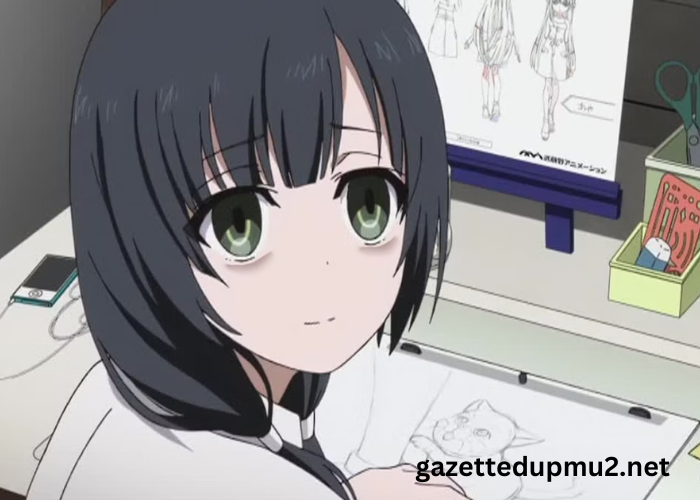Hentai, a genre of Japanese anime and manga characterized by explicit sexual content, has evolved significantly over the years. It holds a unique position within both the cultural landscape of Japan and the global media scene. This article delves into the cultural impact and evolution of hentai, tracing its roots, development, and the broader implications it has on society. Explore a wide collection of high-quality hentai content on Hentai3z. Enjoy a variety of genres and categories to satisfy your anime cravings.
Historical Context and Evolution
The term “hentai” is derived from the Japanese word for “pervert” or “perversion,” but in the context of anime and manga, it specifically refers to erotic content. Hentai has its origins in traditional Japanese erotic art, such as shunga, which dates back to the Edo period (1603-1868). These woodblock prints often depicted explicit scenes and were circulated among the literate classes.
With the advent of modern manga and anime in the 20th century, erotic themes found a new medium. The post-World War II era saw the rise of adult manga, which gradually evolved into what we now recognize as hentai. The 1980s and 1990s marked a significant period of growth for the genre, with the advent of video and digital technology enabling wider distribution and more intricate storytelling.
Cultural Impact in Japan
In Japan, hentai occupies a complex cultural space. On one hand, it is a mainstream commodity, with dedicated sections in bookstores and a significant presence in online and physical media markets. On the other hand, it exists on the fringes of societal acceptance, often criticized for its explicit content and the ethical issues it raises.
Hentai serves as a form of escapism and fantasy, allowing individuals to explore themes and scenarios that may be taboo in real life. It reflects and sometimes exaggerates societal attitudes towards sex, relationships, and gender roles. Critics argue that hentai can perpetuate harmful stereotypes and unrealistic expectations, particularly in its portrayal of women and sexual dynamics. Proponents, however, view it as a legitimate form of artistic expression and a means of exploring human sexuality.
Global Influence and Perception
Outside Japan, hentai has garnered a significant following, thanks in part to the globalization of anime and manga. The rise of the internet has facilitated the dissemination of hentai, making it accessible to a global audience. This has led to a diverse and complex fanbase, with varying cultural attitudes towards the content.
In Western countries, hentai is often viewed through a different cultural lens. It is frequently stigmatized due to its explicit nature, yet it also enjoys a degree of acceptance within certain subcultures, particularly among anime enthusiasts. The genre’s influence can be seen in the proliferation of hentai-inspired artwork, fan fiction, and even mainstream media that adopts similar stylistic elements.
Ethical Implications and Controversies
The depiction of explicit content in hentai raises numerous ethical questions. Concerns about consent, the portrayal of minors, and the potential for normalizing sexual violence are central to the ongoing debate. Some argue that hentai can desensitize viewers to real-world issues of sexual abuse and exploitation.
In response to these concerns, there have been efforts within the industry to establish guidelines and promote responsible content creation. This includes the introduction of age verification measures, content warnings, and a greater emphasis on consensual and respectful depictions of sexuality.
Conclusion
The evolution of hentai from traditional Japanese erotic art to a global phenomenon illustrates its complex role in modern media. It serves as a lens through which we can examine societal attitudes towards sex, gender, and fantasy. While it continues to be a source of controversy, hentai also offers a unique form of artistic and cultural expression. As the genre continues to evolve, it will undoubtedly remain a focal point for discussions on the intersection of media, culture, and ethics.





